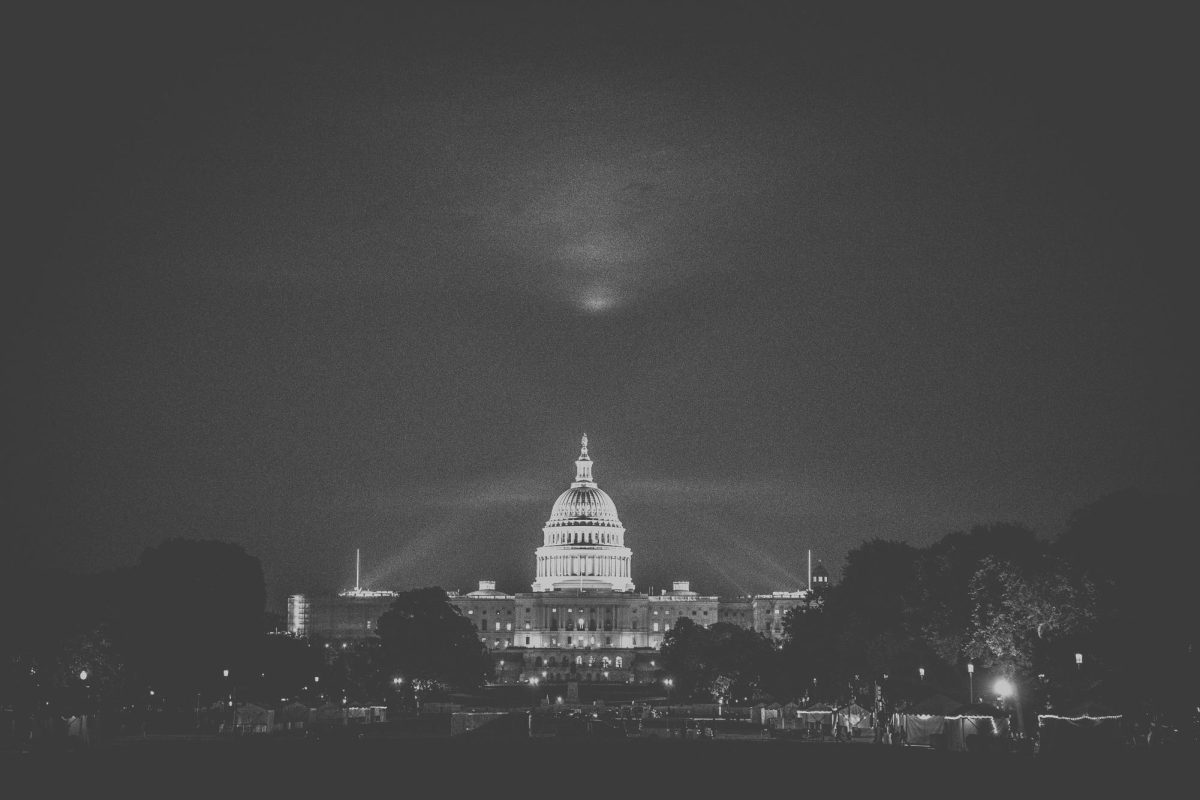Revelations have a way of turning things upside down, especially when they bring to light things many would prefer to stay hidden. A recent investigation by Reuters has done just that, revealing a truth that almost sounds like a lie.
The surreal revelation discovered by the world-renewed organization based in London was that every living U.S. president, except for Donald Trump, is directly descended from slave owners.
This is not about stirring up guilt or pointing fingers across generations; it’s about realizing and understanding the lasting impact of slavery on America’s political and social scene today.
The slave-owning past of America’s elite highlights the reality that the legacies of inequality and privilege have, in many ways, predetermined the direction of our country’s leadership and policy. It shows us how the benefits from an unjust time have trickled down through generations leading to disparities that are as alive today as they were over a century ago.
It feels unreal to realize that Jimmy Carter, George W. Bush, Bill Clinton, Barack Obama, and Joe Biden—are all direct descendants of Americans’ original sin. It’s a fact that complicates the legacy of these leaders, demanding a closer examination of how the privileges acquired from slavery may have paved paths to the power and influence that all these men have.
Carter, the peanut farmer from Georgia who gained the highest office with a message of honesty and humility, finds his lineage traced back to ancestors who owned slaves in the same state he governed.

Department of Defense. Department of the Navy. Naval Photographic Center, Public domain, via Wikimedia Commons
Carter has openly acknowledged the complexity of his family’s past, unlike George W. Bush. Part of a political dynasty, Bush carries a heritage that includes slaveholders on both sides of his family tree.

Bill Clinton’s story of coming from a humble background in Arkansas to become a two-term president is the personification of the American dream. Except this underdog-esque narrative is stained by the fact that his ancestors on his mother’s side owned slaves in South Carolina.

Barack Obama was the nation’s first Black president, his presidential victory embodies a historic moment in America’s racial struggles. Yet, even Barack has a maternal lineage that leads straight to a slave owner.
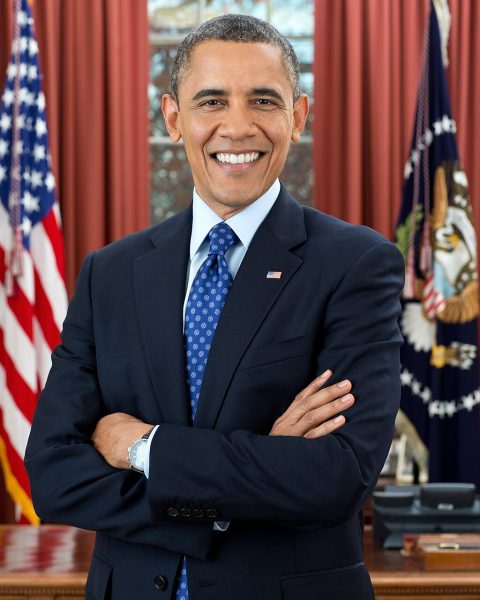
Donald Trump is the only living president whose ancestors did not own slaves, this is due to the fact that his family immigrated to the United States after the abolition of slavery.
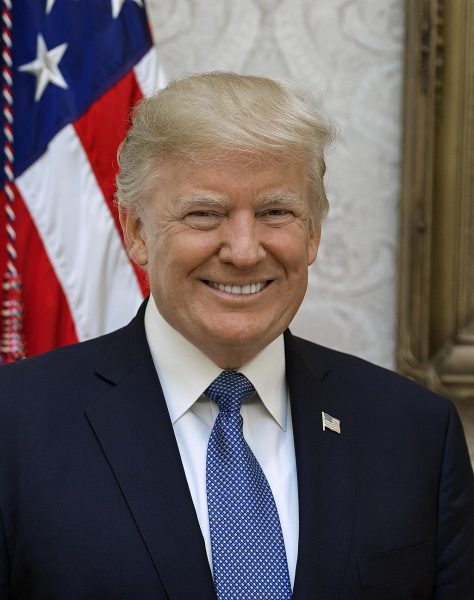
Furthermore, the current president, Joe Biden also has a lineage that goes straight to slavery. Biden’s great-great-great grandfather was a slave owner.
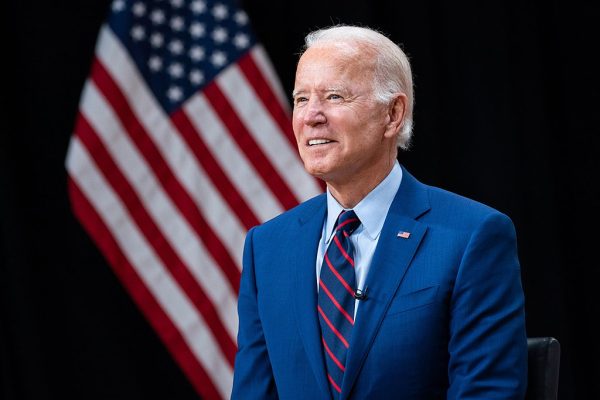
It is clear that slavery shaped not only the lives of those who descended from the enslaved but also greatly improved the trajectories of those related to the slave owners.
The privileges derived from slavery built the foundations and created the systems upon which future generations would ascend to power. The wealth and influence these families had due to slavery didn’t dissipate with the emancipation proclamation, instead, it morphed into subtle systemic advantages that have helped a select group of people maintain their power. These ‘advantages’ accumulated over generations have paved the way for the descendants of the slave owners to one day hold the highest political office in the land.
These ancestral ties reveal a continuity of privilege and inequality that has flowed through the veins of America since its inception. The revelations about the slave-owning ancestry of nearly all living former U.S. presidents are a clear reflection of the influence that America’s original sin has on the political landscape.
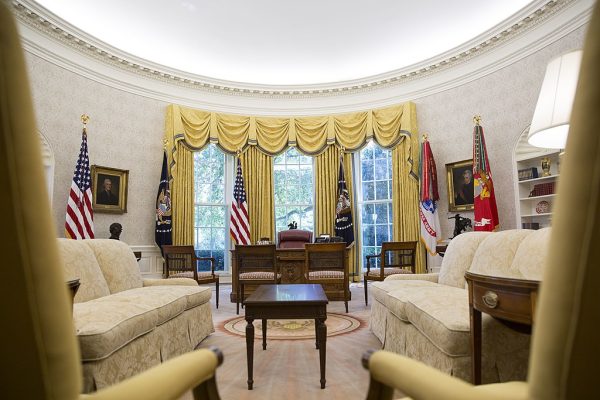
White House, Public domain, via Wikimedia Commons
The shadow of slavery extends far beyond just the Oval Office; it reaches to all the highest ranks of American power, including the judiciary and legislative branches. Reuters says 11 governors, 2 Supreme Court Justices, and 100 legislators are all direct descendants of slave owners.
These statistics show just how deeply the roots of inequality are embedded within the American government. This is not an issue confined to one political party or region; it is a national legacy that reflects a shared history of exploitation and privilege.

The implications for contemporary America are profound. In a nation still wrestling with racial disparities in education, healthcare, housing, and criminal justice, the lineage of its leaders is a powerful symbol of the unbroken chain of inequality. Reuter’s report raises critical questions about the role of historical privilege in policy decisions and priorities, and about the extent to which the nation’s sinful past continues to influence the present.
Acknowledging the legacy of our leaders is not about assigning guilt to the descendants of slave owners. It’s about recognizing the history that has contributed to the current societal structures in which we live.
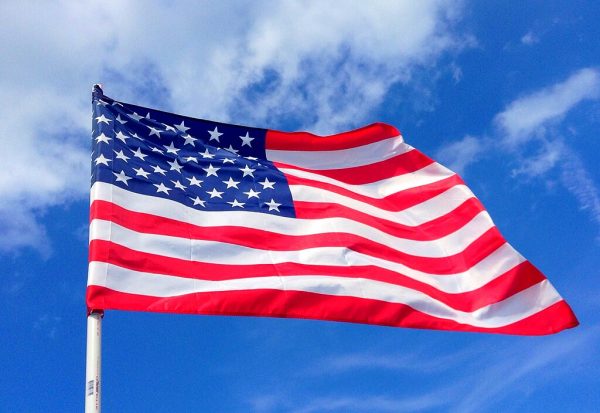
Many of the names mentioned in this article have never addressed their family history, and this make me question if they understand how the privileges of the past shape the disparities of the present. Without understanding their family legacy, how can we trust and work toward policies that address and rectify these deep-seated inequities?
This awareness is not about casting stones; this is about confronting and understanding our complicated history. It’s about how our nation needs to acknowledge how slavery continues to impact societal disparities and leadership dynamics.
Only by facing the truths of the past can America hope to fulfill its promise of liberty and justice for all, creating a future that truly reflects the ideals it professes to uphold.
This reflection on the ancestral ties of American presidents to slavery is an invitation to engage with the past honestly and courageously, and to hopefully build a future that acknowledges and addresses the wounds of history with empathy and justice.


